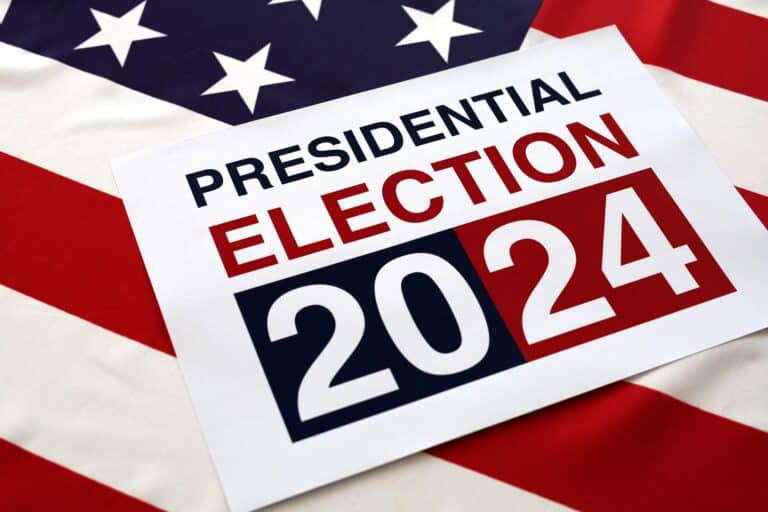Receiving a rejection from a job interview, or receiving no response at all are both unsatisfying results! Here are some suggestions on how to deal with job hunting rejection and getting a response when none seems to be forthcoming.
Why Was I Rejected?
Keep your chin up! While a job hunting rejection may feel personal, remember it’s a professional decision and not a referendum on who you are as a person. You often don’t get specific enough reasons as to why you were rejected but here are some reasons why you were the victim of job hunting rejection:
- There was a better candidate. Better in terms of their fit for the position, not a better person! They might have had specific skills you don’t have or intangibles that weren’t listed on the job description.
- It was a culture mismatch. Consider this a success in getting a rejection. You don’t want to work someplace that will just grate at who you are or how you work.
- You didn’t do a great job of matching your skills to the role. Yes, you have some responsibility in getting a rejection. You may have talked too much about your accomplishments and not enough about how your skills matched what THEY were looking for.
- The job changed. Maybe someone else left or there was a reorganization. The company is probably not going to be comfortable sharing that information leaving you confused, justifiably. The job might also have been paused or cancelled due to a reorg…ditto on the company not wanting to share that information.
Learn From The Rejection
What seemed to be the perfect job was never that perfect. Romanticizing a job or the company is common, but no job is without its issues. Instead of dwelling on the loss, use the feedback you receive to sharpen your interviewing skills. Which of your responses landed and which didn’t? Make sure your message is crisp and clear. Maybe the negative feedback was about a minimal point or minimal part of the interview. Still use it to try to advance your skills differently next time. Assess whether this job was really a match and watch for the same issue next time. Be resilient. Do something to make yourself feel better – ice cream? dancing? – then move on to the next opportunity.
Why No Response At All?
You should receive feedback within one week of your phone or in-person/zoom interview. But remember, your sense of urgency about getting feedback doesn’t necessarily match up with the company’s schedule. Here are some reasons why you may not hear promptly:
- They are still interviewing candidates and haven’t made a decision.
- The hiring manager or HR is busy with other work matters.
- The hiring manager, other people you met with and HR haven’t been able to meet to share feedback.
- You are the backup candidate and they are waiting to see if their offer has been accepted.
- You were unsuccessful and were the victim of job hunting rejection. Yes, some firms avoid giving the bad news and ghost you. Probably a place you don’t want to work.
How to Try to Get Feedback
If you haven’t heard anything and the interviewer didn’t specify a time when they would get back to you, or that time has passed, wait a week from your interview and then try these steps:
- Email the interviewer. Email is not as intrusive as a phone call and can be framed as a thank you or a follow-up question. Ask for feedback. Be brief, clear and polite. It there is no answer to your first email, try one more even briefer email.
- You could try emailing the head of the department but do this carefully. Going over your interviewer’s head is always sensitive.
- Contact any company connections you have, or perhaps you met a peer level person in the interview process and hit if off with them. See if they can get you some feedback.
- Accept that a lack of response either means you didn’t get the job or they aren’t very professional/organized in their interviewing process. Keep searching for another job!
Even when you think you did a terrific job in the interview, never stop applying for other jobs until you actually receive and accept a job offer. You can do it!


